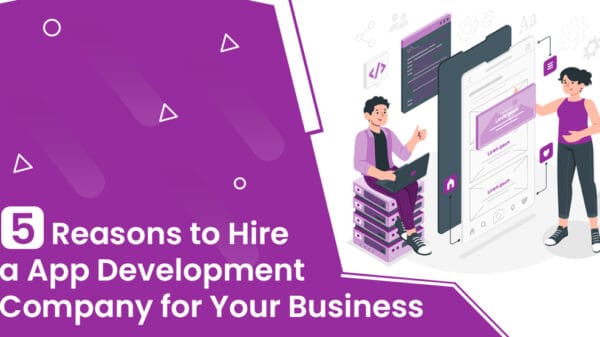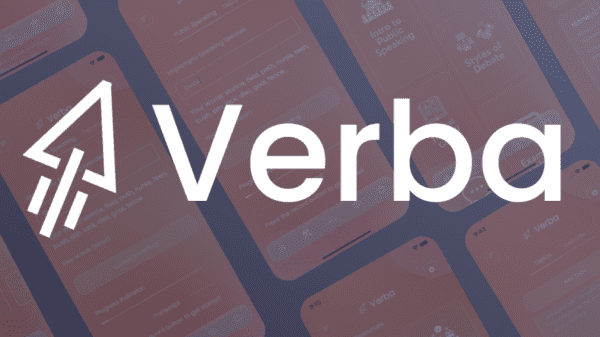It seems our supply chain has fallen ill. While 90 percent of business leaders plan to increase mobile app development in the coming months, archaic payment terms threaten to hamstring growth for small developers.
Large companies, which often advertise on mobile apps, have recently embraced a controversial tactic for expanding their own cash flow at the expense of small suppliers. Akin to how irresponsible consumers handle credit cards, companies from 3G Capital to Anheuser-Busch are buying now but paying much later.
App developers, if you’re experiencing cash flow problems as a result of Net 30, Net 60, or even Net 90 payment terms, take heed. Without ample cash flow, you can’t regularly reinvest in your business. Without regular reinvestment, growth comes slowly — if at all. To position your company for growth, ensure you’re not catering to high-value clients at the expense of your own finances.
B2B Bullying
Long story short, big companies often use large contracts to exert pressure on smaller suppliers to accept undesirable payment terms. Because their orders tend to be huge and accounting departments require certain timeframes to process payments, larger companies tend to be given much more leeway on how late they can be with paying their bills.
Small companies rarely want to risk angering their largest clients, so they often settle for these extended payment terms. Unfortunately, this boils down to big companies extracting short-term loans from their small suppliers, enabling large corporations to artificially pad their balance sheets.
Pioneered by 3G Capital, the Brazilian private investment group behind the recent merger of Heinz and Kraft Foods, many large companies are now asking suppliers to wait as long as four months for payments.
App developers, 120 days is far too long to wait for payments after you’ve supplied a complex technology product to a major company.
Late-Payment Problems
App developers subjected to these unfair payment terms often find themselves having to rearrange already-tight budgets to accommodate these always-late-but-at-least-consistent payments. This can wreak the following catastrophic damages on app developers:
1. Cash Flow Gaps
No matter what industry you’re in, business ebbs and flows. When budgets are tight and business slows, companies sometimes have to dip into cash reserves to cover bills, including payroll, supplier invoices, and utilities. Essentially, capital that should have been earmarked for future growth is instead spent closing cash flow gaps.
For many app developers, receiving on-time payments from just one or two big accounts can mean the difference between stagnant growth and huge revenue gains.
2. Stalled Growth
When payment isn’t received on time, it impacts company growth because this revenue can’t quickly be used for marketing. With advertising revenue often tied to the number of days since a user installed the app, timely payments to fund user acquisition are crucial.
This means the faster you attract users, the greater the revenue generated. Without the cash needed to pay for installs at the top of the funnel, growth rate slows. Attracting new users is every app developer’s ticket to growth.
3. Stifled Innovation
Product development is important for any business, including app development, but it isn’t cheap. Kinvey, in its 2014 State of Enterprise Mobility Survey, claims the average cost of developing an app is $270,000.
Without cash on hand, new apps can’t be built, tested, and readied for production. Research and development must continue, but try asking for a $270,000 loan from a financial institution because you want to build an app.
Strategies for Growth
The grim reality is that as long as the status quo benefits large businesses, they aren’t likely to change their payment terms any time soon. But that doesn’t mean app developers can’t take a few steps to position themselves for growth and limit the damage of extended payment terms.
My best advice is to capitalize on early momentum by adding money to marketing budgets while an app’s cost per install is low. By earning installs at a lower price, app developers can gain larger margins. The more quickly your app can attain profitability, the sooner you can reinvest for greater growth.
Second, seek to boost engagement. Measure session length, opt-ins, conversion rates for in-app events, session interval, and download rate. While not every app can be the next Angry Birds — achieving 50 million downloads in just 35 days — you need to ensure customers truly enjoy their time spent in the app.
Extended payment terms are putting the squeeze on small app developers that breed innovation in the app world. For the health of our industry, ad networks and app stores must offer alternative financing for developers that catalyze growth, not curb it.
Keith Smith is co-founder and CEO of Payability, which works with suppliers to accelerate payments from online marketplaces, giving entrepreneurs the working capital needed to grow their businesses. Previously, Keith founded CyberMortgage and Zango and served as co-founder and CEO of BigDoor. Keith lends his time to early-stage startups via Techstars and serves as an adviser, investor, and board member for multiple tech startups.
























































































































































































